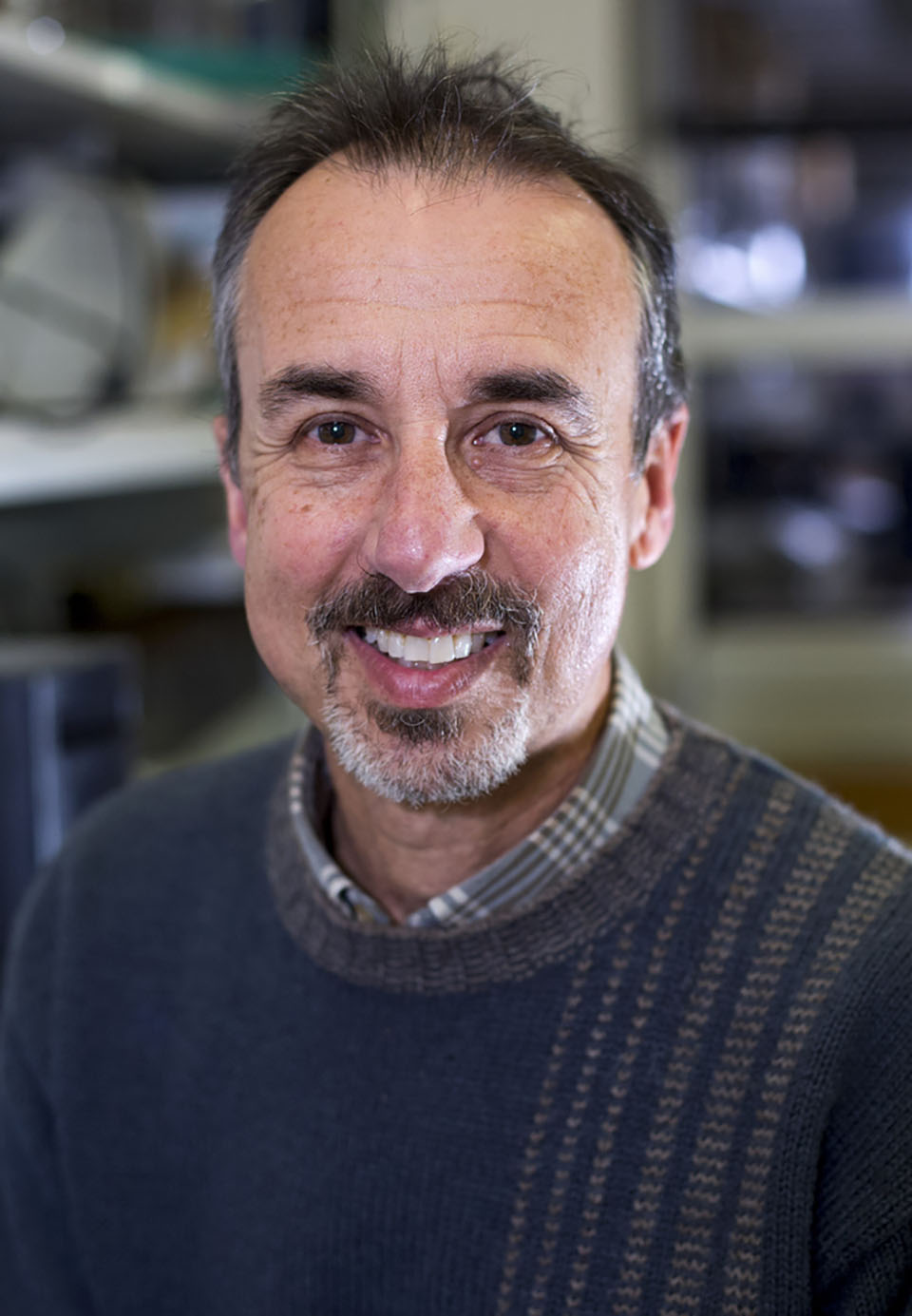2006 Eduardo Groisman
Dr. Eduardo Groisman is interested in understanding how pathogenic and symbiotic bacteria modulate their gene expression patterns in response to signals detected in host and in abiotic environments, as well as in how bacterial regulatory circuits evolve. Our laboratory investigates the mechanisms by which pathogenic and commensal bacteria modify their gene expression patterns so they can survive and proliferate within host tissues and in abiotic environments. We have focused on the mechanisms utilized by the gastroenteritis- and typhoid fever–causing Salmonella enterica, the bubonic plague agent Yersinia pestis, and the human gut commensal Escherichia coli. Our research program can be divided into three general areas: (1) the signal transduction pathways by which bacteria detect and integrate multiple signals into a cellular response, (2) the molecular mechanisms by which a regulatory protein or signal elicits distinct responses from coregulated targets, and (3) the genetic basis for the phenotypic differences that distinguish closely related bacterial species.
